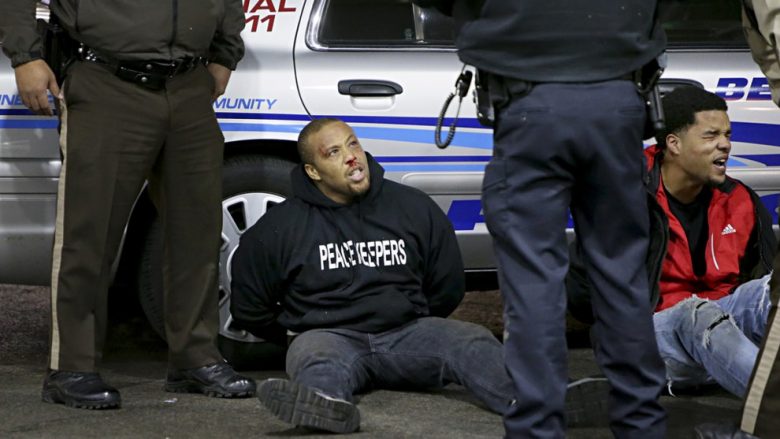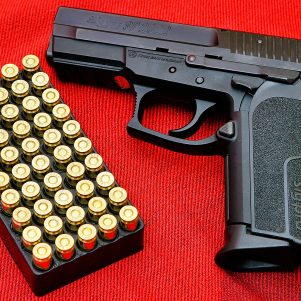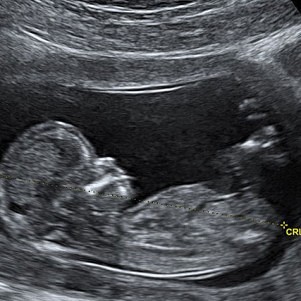Mass. Supreme Court: Fleeing from police is no basis for suspicion, if runner is black
By Evan Lips | September 27, 2016, 15:22 EDT
 (AP photo)
(AP photo) BOSTON — With relations between police and America’s black communities dominating headlines and becoming a focal point in this year’s presidential election, the state’s highest court has weighed in, holding that running from the cops does necessarily justify pursuit when the runner is black.
In a unanimous opinion issued Sept. 20, the Supreme Judicial Court of Massachusetts held that racial profiling by the Boston Police Department “suggests a reason for flight totally unrelated to consciousness of guilt.” The opinion, authored for the Court by Justice Geraldine S. Hines reasons that because black males are disproportionately “targeted” by police, “such an individual, when approached by the police, might just as easily be motivated by the desire to avoid the recurring indignity of being racially profiled as by the desire to hide criminal activity.”
The Court was careful to note that its opinion does not completely eliminate flight as one factor in the reasonable suspicion analysis when a black male is the subject of an investigatory stop. “However,” the Court noted, “in such circumstances, flight is not necessarily probative of a suspect’s state of mind or consciousness of guilt.”
The ruling ultimately means that at least in the Commonwealth, fleeing black men will likely be pursued at far lower numbers by officers asking to speak to them.
The opinion stems from a case involving a Roxbury man arrested in December 2011 during a burglary investigation. According to court documents, a teenager phoned police sometime after 9 p.m. on Dec. 18 after he opened up his bedroom door and spotted a black man dressed in a “red hoodie” hop out his window. The teen approached the window for a better look, and told police he saw two additional black men, one dressed in a “black hoodie” and the other in dark clothes sprinting away.
The teen reported a theft that included a computer, backpack and several baseball caps. Boston Police Officer Luis Anjos stated in his report that he spent 15 minutes combing the neighborhood in search of anyone matching the teen’s short-on-details description.
Anjos eventually found Jimmy Warren and another black man. Both were wearing dark clothing, while one sported a hooded sweatshirt. Anjos attempted to conduct what police call a “field interrogation observation” (FIO), which consists mainly of an officer asking questions.
According to Anjos, Warren and his companion ran away towards a city park as soon as he made eye contact with them and asked them to “wait a minute.”
Another set of officers dispatched to the neighborhood heard Anjos’ radio report and later spotted the two men exiting the other end of the park. Police called out to the duo, according to court documents, and one of the officers spotted Warren holding his arm against the right side of his pants. Based on Warren’s body language, the officer reported that he believed Warren was carrying a gun.
A chase ensued that ended in a brief struggle that saw one of the officers draw his weapon. Warren was placed under arrest after police discovered a .22 caliber handgun in a nearby yard. Warren was charged and later convicted of unlawful possession of a firearm.
In court, Warren argued that the discovery of the gun was the result of an illegal stop and that because police lacked reasonable suspicion. The police argued that Warren’s actions — specifically sprinting away from them — constituted an obvious sign that Warren was trying to hide something.
Warren lost his case at the trial court level, but ultimately appealed to the state’s highest court. Last week, the SJC decided unanimously that police could not cite Warren’s fleeing as justification for stopping him and tossed out Warren’s gun conviction as a result of an illegal stop.
“Where a suspect is under no obligation to respond to a police officer’s inquiry, we are of the view that flight to avoid that contact should be given little, if any, weight as a factor probative of reasonable suspicion,” the ruling stated.
“Otherwise, our long-standing jurisprudence establishing the boundary between consensual and obligatory police encounters will be seriously undermined.”
The ruling leaned heavily on “recent Boston Police Department (department) report documenting a pattern of racial profiling of black males in the city of Boston” and an additional American Civil Liberties of Massachusetts report.
The ruling also criticized police for depending on a vague description of the burglars.
“Lacking any information about facial features, hairstyles, skin tone, height, weight, or other physical characteristics, the victim’s description ‘contribute[d] nothing to the officers’ ability to distinguish the defendant from any other black male’ wearing dark clothes and a ‘hoodie’ in Roxbury,” the ruling stated.
According to the Boston Globe, the Suffolk County district attorney’s office intends to appeal the ruling.
Read the decision:
State v Warren by Evan on Scribd









